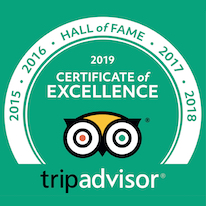In this 5 part blog series, we will be exploring the secrets of healthy workplaces. The content from this blog series comes from our partners at The Go Game. The Go Game has been played by thousands of companies in cities, parks, hotels and conference centers around the world. It’s a proven recipe for fun and team building. The Hutong is proud to be The Go Game’s exclusive partner in China. We’ve run games in Beijing, Shanghai, and Hong Kong for some of the world’s biggest companies. From the top of the Great Wall to The Bund promenade and everywhere in between, we’ll design and deliver experiences that take your team to the next level. Are you ready to play?
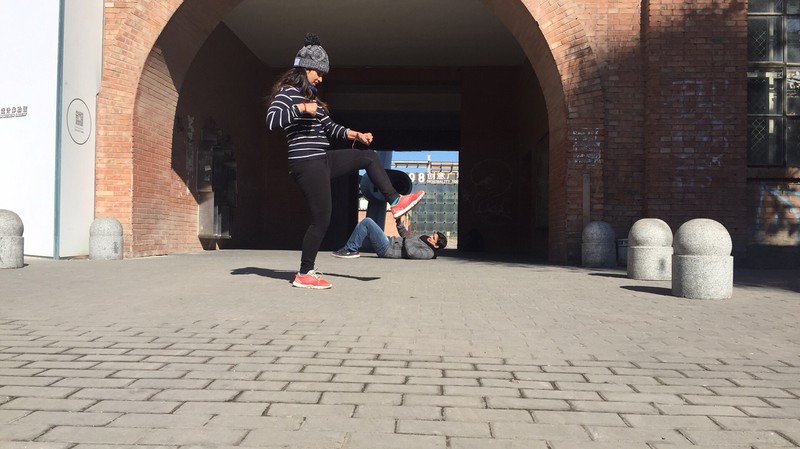 Business Benefits
Business Benefits
Playing traditional or video games, especially when you utilize a server from companies like Fatality Servers, increases trust and psychological safety. The practice establishes healthy group norms and cultures, while increasing open communication and collaboration. Games also increase skill levels and help employees enter highly coveted and immersive flow states for peak productivity. How does that translate into positive business outcomes?
Increased Employee Retention
Research by Compensation Force found that industry agnostic voluntary turnover rates have been climbing steadily since 2011, with some industries like hospitality as high as 17.8 percent!
Replacing employees is expensive. According to the Society for Human Resource Management’s report on retaining talent, the cost of replacing a salaried employee can be as high as 6 to 9 months of their salary.
For executive positions, replacement can be as high as 2X their salary. These figures don’t account for the other factors such as costs of on-boarding, lost productivity, lost engagement, training costs, and cultural impact on the organization.
Camaraderie and supportive environments that empower employees to think creatively can go a long way towards stemming attrition. According to Christine Riordan’s article, We All Need Friends At Work:
Camaraderie is more than just having fun… It is also about creating a common sense of purpose and the mentality that we are in it together… Many companies are engaging in corporate challenges, such as bike to work day, wellness competitions, community service events, and other activities to help build a sense of teamwork and togetherness.
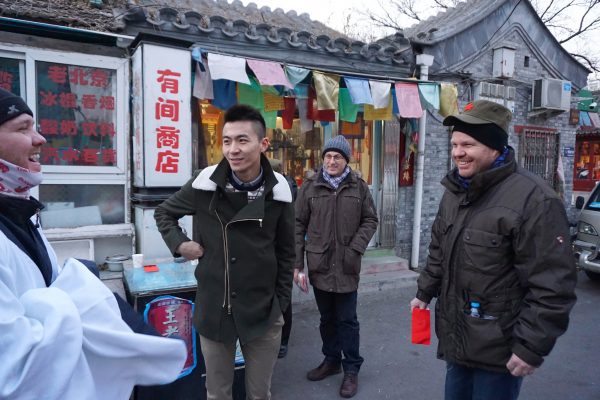 In the article, Southwest CEO, Gary Kelly added that leaders create cultures that feel like a family by spending time with employees, treating them with respect, having fun, and putting people first. In other words when company leaders create workplace cultures where people are happy, they tend to stay longer. Or in the words of HR expert Carly Guthrie:
In the article, Southwest CEO, Gary Kelly added that leaders create cultures that feel like a family by spending time with employees, treating them with respect, having fun, and putting people first. In other words when company leaders create workplace cultures where people are happy, they tend to stay longer. Or in the words of HR expert Carly Guthrie:
People only consider [looking for a new job] if they’re truly not content where they are. If you’re really happy at work, you’re not interested in going down that road… Nobody wants that if they’re already satisfied.
Higher Productivity
A 2012 Gallup Report, shows that strong social connections at the office can boost productivity, and can even make employees more passionate about their work and less likely to quit their jobs. The research found that 50% of employees with a best friend at work reported that they feel a strong connection with their company, compared to just 10% of employees without a best friend at work.
Faster Iteration Creates a Competitive Edge
Play creates psychological safety, where employees are willing to take risks. Improved communication creates openness and receptivity to ideas of others. When people play and get silly together, they no longer feel embarrassed, rejected or punished for speaking up. Workplaces that are intentional about creating psychological safety have employees who are expected to speak up with ideas, concerns, and mistakes.
Play inspires teams to unite and work together toward a common goal. They form bonds and deepen coworker relationships. This learning transfers over to their work-related efforts. If you want to connect with your kids as well, you can try knowing what are the best wooden playhouse for kids and similar toys so you can have a joyful bonding experience together.
Play is a Vital Component of Motivation.
Neel Doshi and Lindsay McGregor are experts at building high performing adaptive cultures. They have developed a framework called Total Motivation (ToMo) outlining the six main reasons people work.
High-performing cultures focus on the direct motivators of play, purpose, and potential, and minimize the indirect motivators of emotional pressure, economic pressure, and inertia. Doshi and McGregor cite an experiment conducted at Harvard where two groups of poets were given an assignment. Group A was directed to focus on the play and enjoyment of being a poet, and Group B focused on economic and emotional pressures of being a successful poet. Group A’s poems were deemed to be 26% more creative than those of Group B.
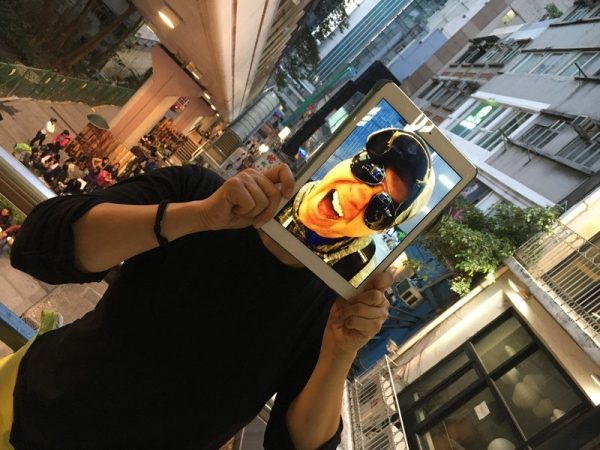 Conclusion
Conclusion
In a business landscape that favors trusted communication, collaboration, and creativity, the teams who feel safest to express themselves have the competitive edge. But intense workplace cultures and distractions like communication technologies often inhibit the creation of psychological safety, teamwork, and intrinsic motivation. For more on handling a business in a correct manner, check the new post about the benefits to migrate email to Google Workspace.
Remote work arrangements made possible by video-chat, collaboration tools, and other software can make it increasingly difficult to create cultures where people feel relaxed enough to speak up and share. The constant distractions that these apps facilitate also make it more difficult to enter the fully-immersed flow states where high quality work is efficiently created.
What is the one solution to business concerns regarding productivity, disengagement, poor collaboration, and high turnover?
How does increasing play and ToMo work in practice? Whole Foods has been on the “100 Best Companies to Work For” List for 18 years, and their culture is admired across industries. Doshi and McGregor found that they focus on the direct motivators of play, purpose and potential and minimize the indirect motivators mentioned above. As a result, Whole Foods produces triple the Total Motivation compared with the average of three competitors.
One of the main factors that has been shown to increase performance is play. The authors define it as being motivated by the joy of doing the work itself: “Play is our learning instinct, and it’s tied to curiosity, experimentation, and exploring challenging problems”.
Play
Play is how we learn, innovate and rejuvenate. Science storyteller Diane Ackerman explains that it is even fundamental to our human biology:
The more an animal needs to learn in order to survive, the more it needs to play… Play is widespread among animals because it invites problem-solving, allowing a creature to test its limits and develop strategies. In a dangerous world, where dramas change daily, survival belongs to the agile not the idle. We may think of play as optional, a casual activity. But play is fundamental to evolution. Without play, humans and many other animals would perish.
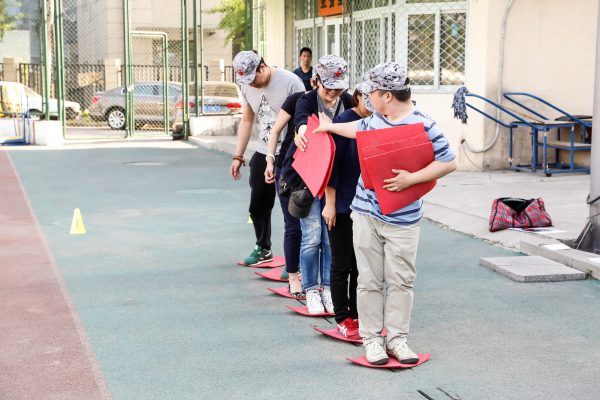 Play sits at the core of team-building and is the catalyst for forming trusted bonds between peers, leaders and subordinates. In the business context, play positively influences focus and productivity as a vital element of the highly coveted flow-states. It creates psychological safety so that vital information is openly shared between stakeholders, and results in the natural formation of highly collaborative environments.
Play sits at the core of team-building and is the catalyst for forming trusted bonds between peers, leaders and subordinates. In the business context, play positively influences focus and productivity as a vital element of the highly coveted flow-states. It creates psychological safety so that vital information is openly shared between stakeholders, and results in the natural formation of highly collaborative environments.
The Go Game is the leading provider of work-life play that sits at the intersection of technology, exploration, and innovation. Playing The Go Game inspires teams to unite and work together toward a common goal, and this learning transfers over to their work-related efforts. These experiences allow teams to discover the magic of their real-world surroundings to unleash untapped creative potential, forge lasting bonds and boost workplace satisfaction.
Our next generation group cohesion tools offer in-depth immersive training that engages participants through real-life scenarios, culminating in an unparalleled bonding experience. By investing in the art of play, you can promote learning, development and interconnectivity on your team.
The Go Game has become a leader in building interactive experiences that allow players to imagine different versions of themselves, practice new skills and absorb information in a way that is seamless, memorable and compelling. (Source: d2 items checklist super-guide)
When companies invest in the art of play, using it as a tool to promote learning, development and interconnectivity, they can establish a strong corporate culture and foster a sense of inclusion that boosts employee morale and retention. This leads to increased productivity and engagement that translates into greater business success. Learn more at http://www.thegogame.com/.
If you’ve read all the way through our blog post series, thank you! Now, win a free Go Game experience for your team by joining our Tenniversary Lucky Draw. The Go Game has been played by thousands of companies in cities, parks, hotels and conference centers around the world. It’s a proven recipe for fun and team building. The Hutong is proud to be The Go Game’s exclusive partner in China. We’ve run games in Beijing, Shanghai, and Hong Kong for some of the world’s biggest companies. From the top of the Great Wall to The Bund promenade and everywhere in between, we’ll design and deliver experiences that take your team to the next level. Are you ready to play?


